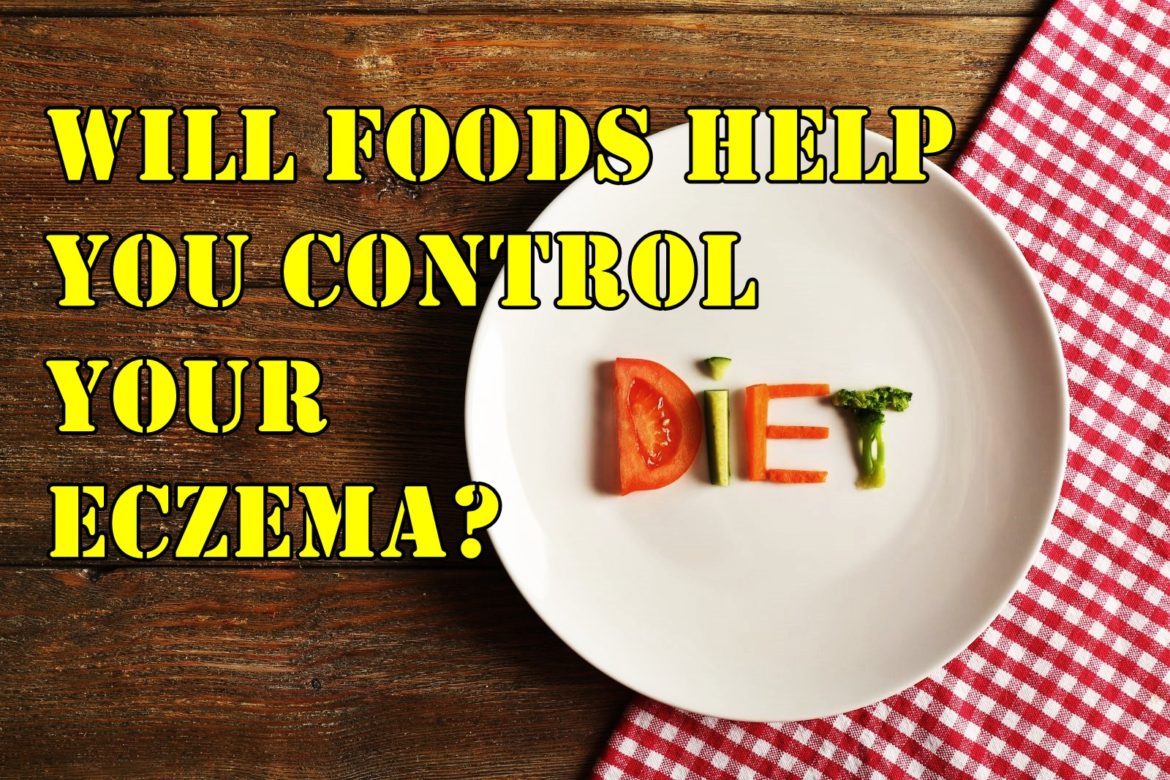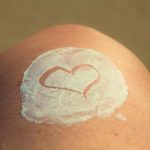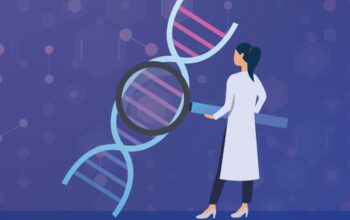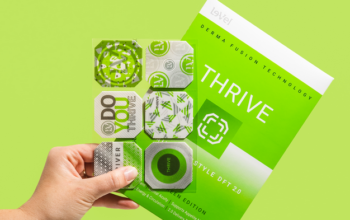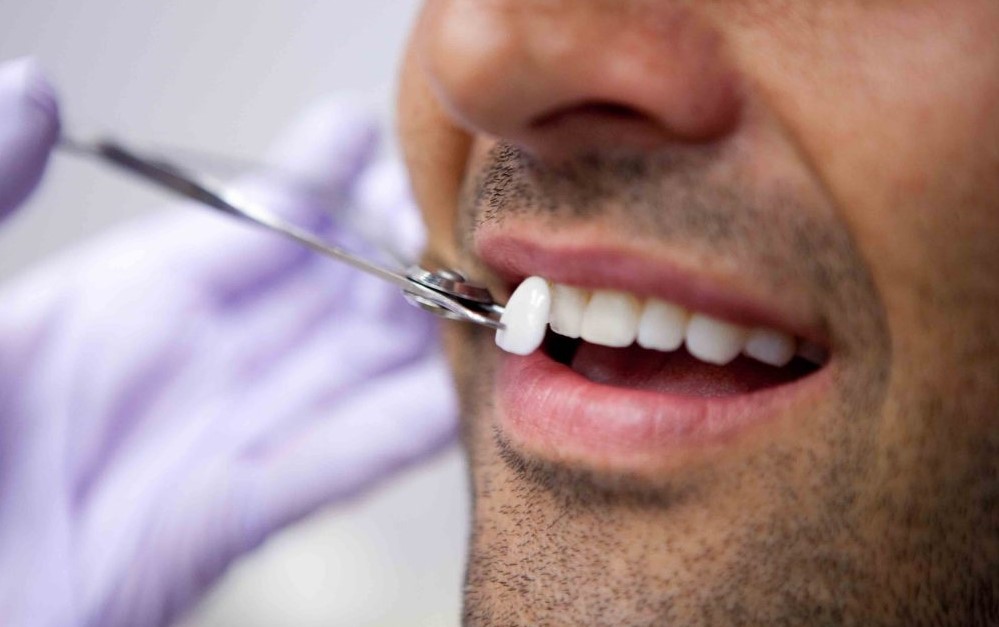Eczema is a condition of the skin that causes portions of the skin to be red, inflamed, rough and sometimes scaly. It creates a significant degree of discomfort by being itchy and sensitive. If itching is intense and you scratch yourself, you may end up causing the formation of blisters on the skin. The symptoms take long to disappear and may sometimes aggravate into other skin conditions.
Eczema occurs in many types, the most common one being atopic eczema. It can be caused by triggers such as allergens, inheritance or lowered immunity by other atopic diseases. Eczema is not a preserve for children, but adults can also experience it. The symptoms in adults are more advanced and tend to take longer to recede. It sometimes may be seasonal with the signs occurring and disappearing after some time. There is no known cure for eczema, so the course of action is to avert the symptoms.
The best way to deal with the symptoms to make them less prominent is by controlling your diet. This article delves into the foods you should eat to know how to rid of eczema scars on legs, hands and deal with the discomfort.
- Controversy about diet
Understandably, first you have to know the kind of foods that might trigger or make the condition worsen. The truth is most dermatologists will dismiss the impact of diet on eczema especially if allergy tests don’t come back positive. This is incorrect since you might not be allergic to some foods, but your body might be sensitive to them. Diet can have a huge impact on how the body recovers from the symptoms and may even cause them to flare up.
- Exercise dietary discipline.
It is wise to keep your expectations controlled. The symptoms may take longer to disappear, and there is no guarantee that the relief will come immediately. Focus on boosting the health of your skin. Stimulate the formation of collagen and melanin. Collagen naturally occurs and can be promoted by diet. In severe conditions, injections and supplements might be administered.
- Avoid this group of foods
It is imperative to avoid dairy products that contain casein, acidic foods, gluten and nightshade vegetables as they may possess triggers that may flare up eczema. The skin is the largest and most sensitive organ of the body. If it’s treated right, it will glow and show the converse is also true. Removing this food from your palate will keep your symptoms in check. It should be done procedurally with the help of a certified professional.
- What should you eat?
Encourage healthy eating habits. To discover the foods that you are sensitive to, you have to eliminate them for about two weeks. If there is a reduction in the symptoms, then remove them. If not, keep trying until you eventually find the culprit. Eat foods rich in vitamins and essential proteins. Foods rich in Vitamin K for the proper health of your skin, potassium for the PH and osmotic pressure of the skin and foods with anti-inflammatory benefits. Hypoallergenic foods e.g. gluten free foods should also form an active part of your diet.
Author Bio
Sue Kanagama is a recovered eczema patient and consultant on matters about the disease. She hopes to inspire people to consider holistic as well as clinical treatment for quick healing. Visit this website for more information http://www.stopitchy.com/
Related Posts

